State Representatives Angie King (R-Celina) and Ty Mathews (R-Findley) have introduced a resolution urging Congress to pass the Defense Against Drones Act of 2025, a move aimed at empowering Ohio homeowners to protect their privacy and property from unmanned aerial vehicles (UAVs).
This legislation responds to growing concerns over drones flying near residential and agricultural areas, spotlighting a critical issue for drone professionals and recreational pilots navigating evolving regulations, according to The Peak of Ohio.
Addressing Drone Privacy Concerns
The resolution calls for Congress to pass H.R. 1907, a bill that would allow homeowners to legally use a shotgun to disable a drone operating within 200 feet above their property. Representative King introduced the measure after multiple sightings of large drones near various structures in her district earlier this year.
She highlighted the risks these incidents pose, stating, “The growing use of unmanned aerial vehicles (UAVs) has led to serious concerns over privacy, property rights, and public safety, particularly when drones operate at low altitudes over residential and agricultural areas.”
King also noted specific impacts in her district, adding:
“In my own district, we’ve already seen incidents where drones have caused alarm among property owners, threatened livestock and crops, and raised significant cybersecurity and surveillance concerns due to foreign-manufactured components.”
Implications for Drone Operators
For drone professionals and recreational pilots, the proposed legislation signals a potential shift in operational boundaries. Current federal and state laws prohibit property owners from disabling or destroying a UAV, with violators facing severe penalties.
However, if H.R. 1907 passes, homeowners could gain the Legal right to take action against drones they perceive as threats, particularly those flying below 200 feet—equivalent to about two-thirds the height of a typical cell tower. This altitude is a common operating range for many commercial and hobbyist drones, especially during takeoff, landing, or low-altitude photography missions.

The resolution also reflects broader industry trends. Drones, often equipped with foreign-manufactured components, have raised cybersecurity concerns, as King pointed out. These concerns align with increasing scrutiny over supply chains in the UAV sector, where reliance on overseas parts has sparked debates about Data Security and surveillance risks. For operators, this could mean heightened pressure to adopt domestically sourced technology or face stricter regulations.
Balancing Safety and Innovation
Representative Mathews emphasized the urgency of the issue, stating, “I am proud to stand by Representative King to introduce key legislation to address an emerging issue and threat that affects all of our communities.” He also urged action from federal leaders, saying, “I strongly urge leaders in Washington, D.C., and Congress to take immediate action and protect all of our citizens.”
The resolution signals to Congress that the Ohio General Assembly supports federal legislation granting homeowners greater control over their privacy and security.
For the Drone Industry, this development underscores the need to balance innovation with public safety. As UAV usage grows—spanning delivery services, agricultural monitoring, and aerial photography—so do tensions with property owners. The proposed law could set a precedent for other states, potentially reshaping how drone operators plan flight paths and engage with communities.
While the resolution has not yet been assigned to a House committee or given a number, its introduction marks a pivotal moment for the UAV sector, highlighting the ongoing challenge of integrating drones into shared airspace while addressing legitimate privacy concerns.
Discover more from DroneXL.co
Subscribe to get the latest posts sent to your email.
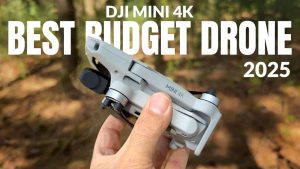

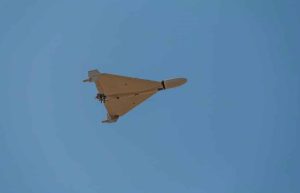
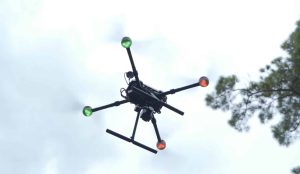
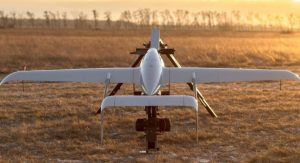

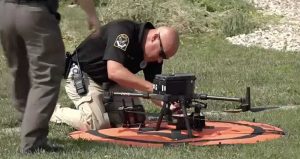

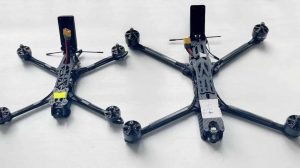
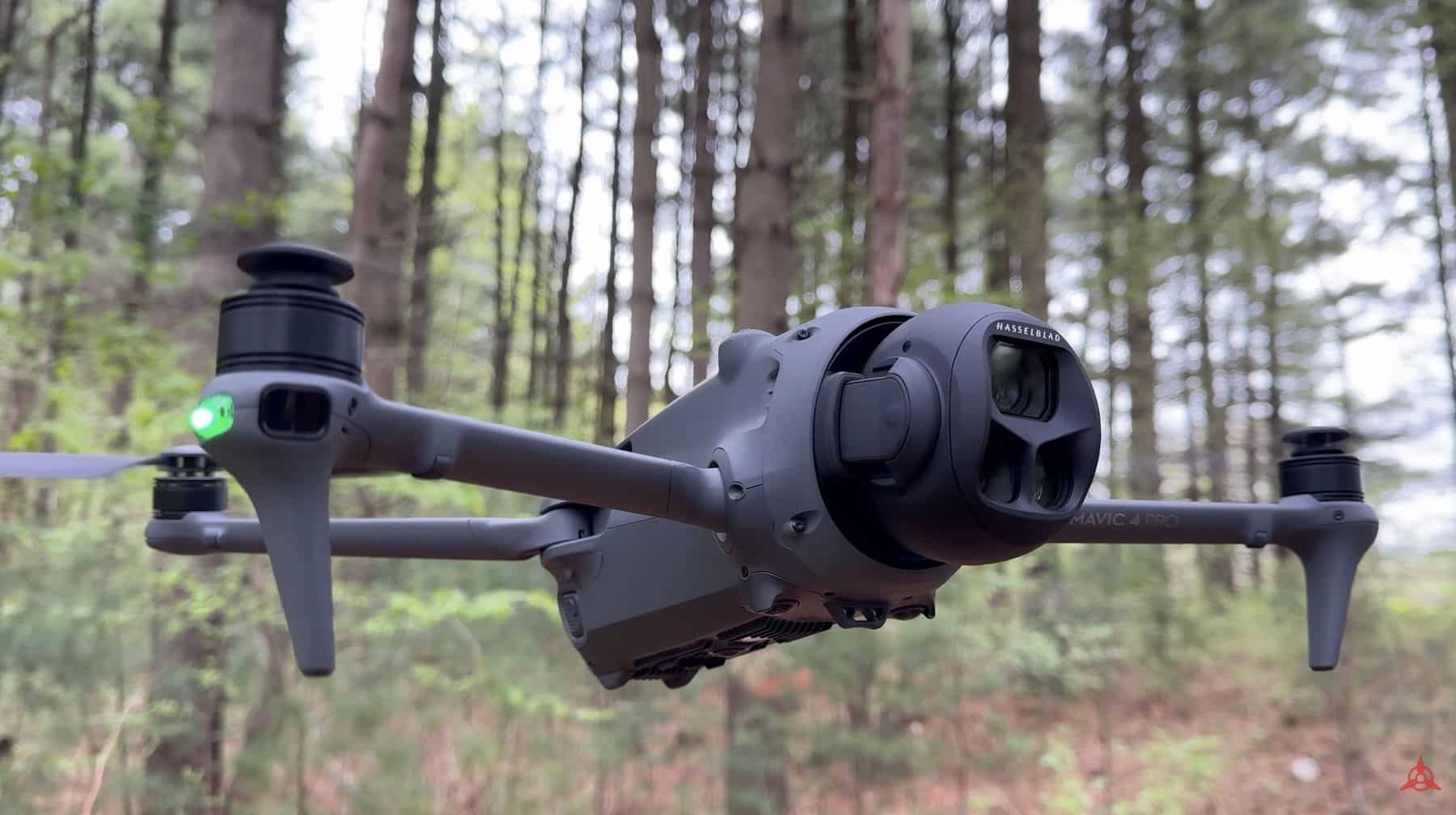
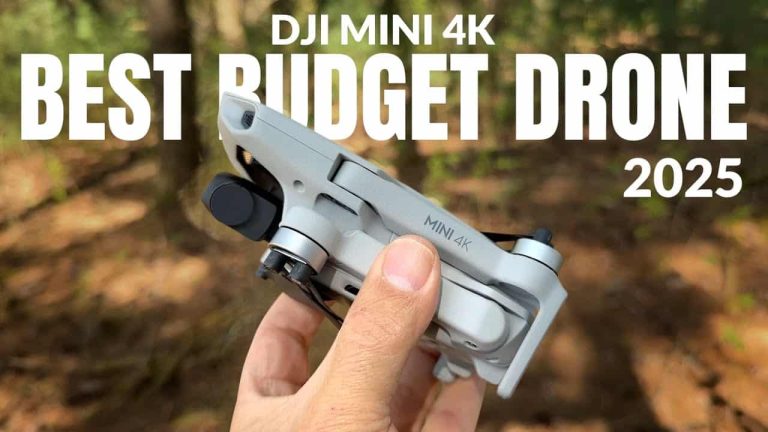
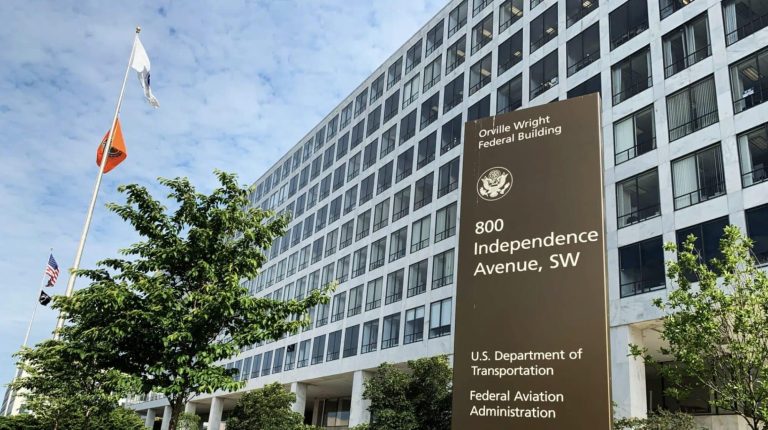
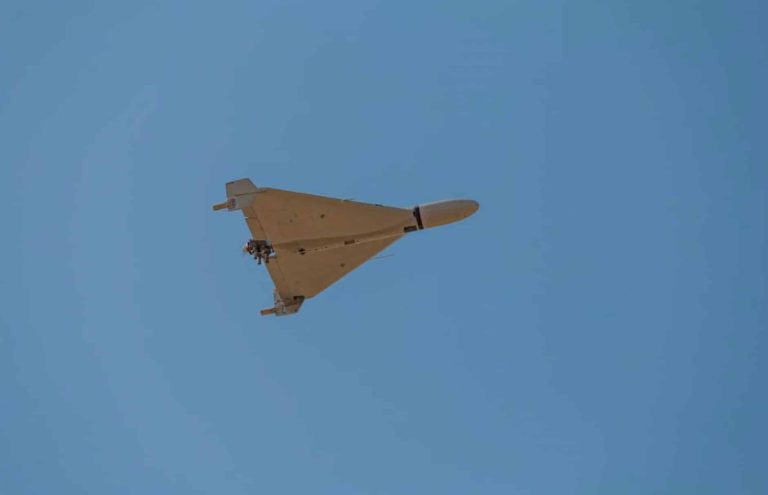
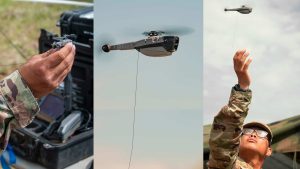

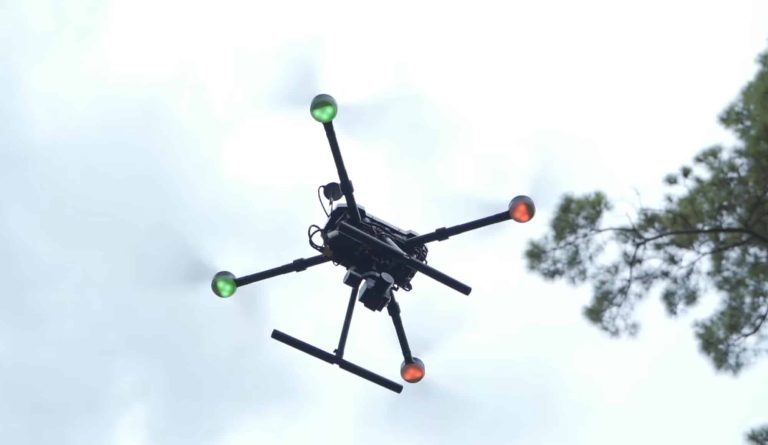
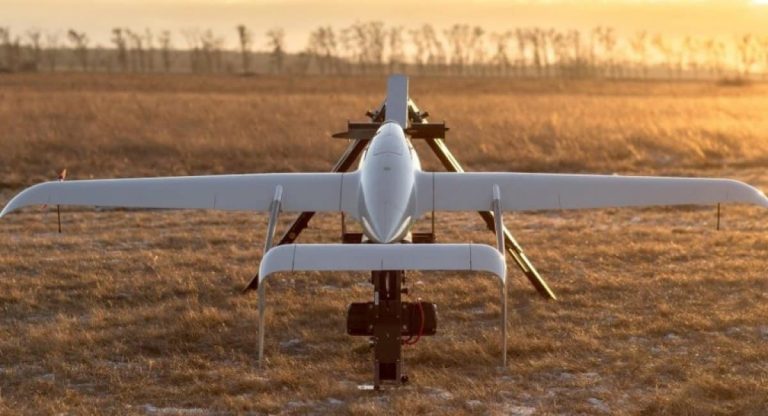
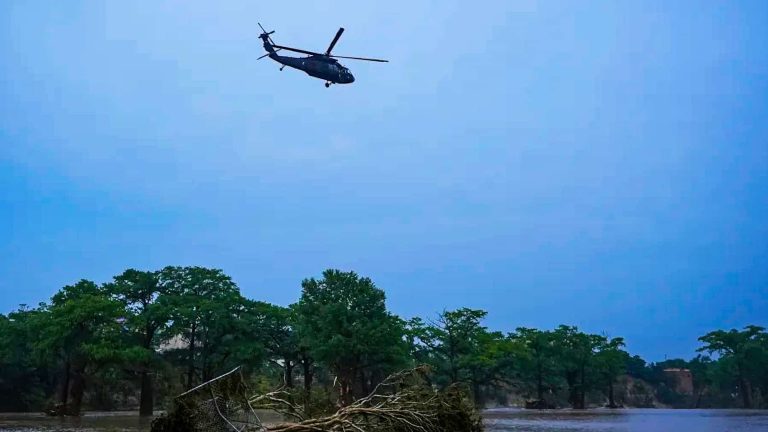
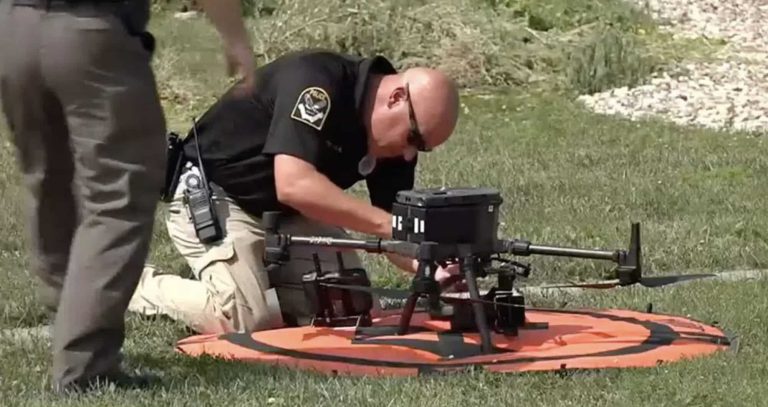

+ There are no comments
Add yours